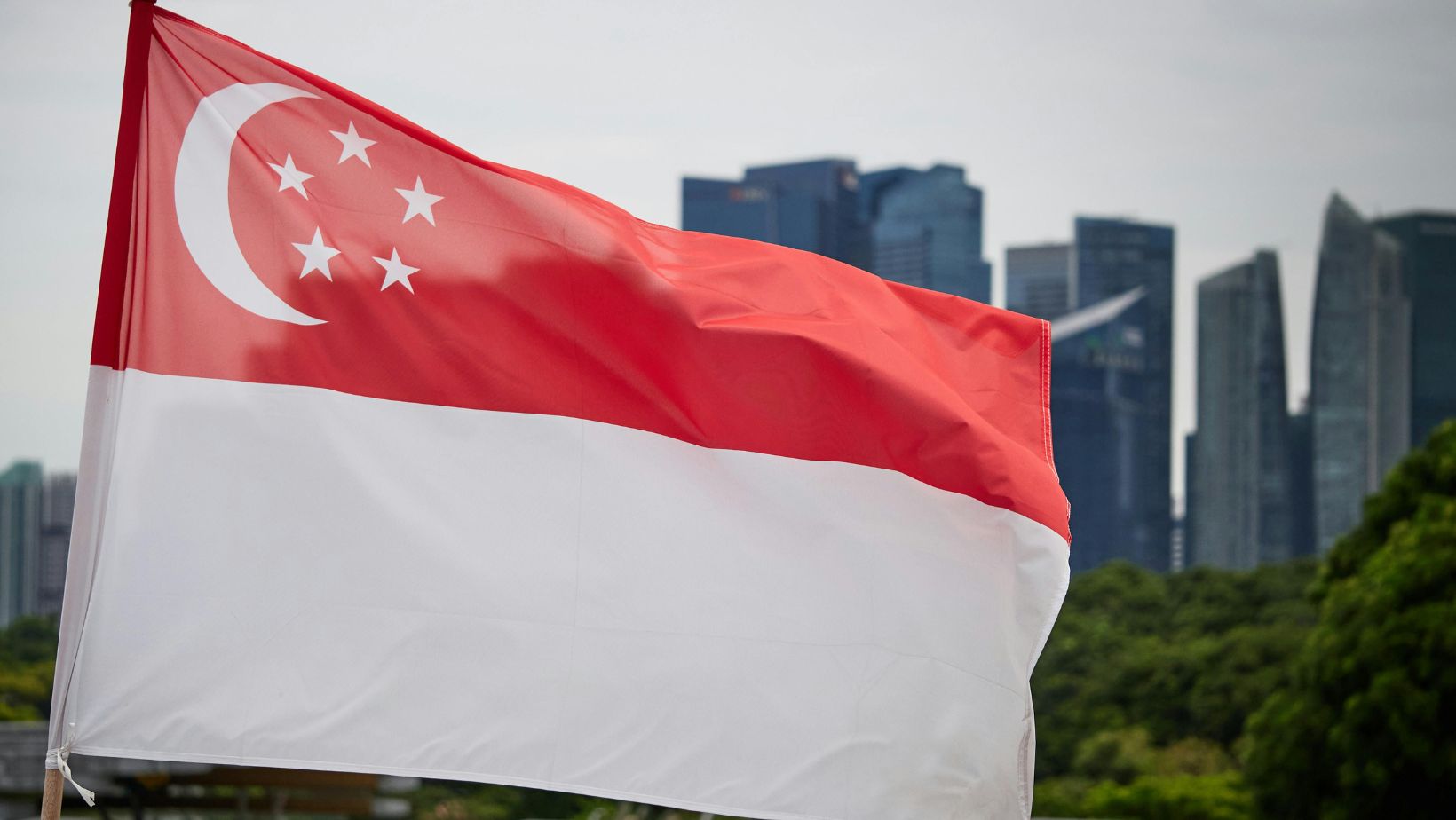
PREP in Singapore is gaining attention as public health experts and communities work to curb new infections. In this article, we explore how PrEP is being adopted in Singapore, the challenges in getting it to those who need it, and why it could be a game-changer in the fight against HIV.
What is PrEP and How Effective Is It?
PrEP involves taking anti-HIV drugs before potential exposure to the virus, so that one’s system can prevent the virus from establishing an infection. The standard PrEP medication is a daily pill (brand name Truvada or generic equivalents) that contains two drugs (tenofovir and emtricitabine).
When taken consistently, PrEP has been shown to reduce the risk of sexual HIV transmission by over 90%. It’s an extremely high level of protection – nearly on par with condoms when used correctly and it’s why health authorities worldwide (including Singapore’s) have endorsed PrEP as a key preventive option.
In Singapore, PrEP has been available through medical channels since around 2016. It was initially offered mostly in specialist clinics such as the DSC (Department of STI Control) Clinic and at the National University Hospital’s clinics, often to higher-risk groups like men who have sex with men (MSM).
HIV remains a concern. There were 209 new HIV cases reported in Singapore in 2023, a slight increase from the previous year. By providing PrEP, the aim is to drive those numbers down by preventing new infections among those at risk.
Uptake and Challenges
One might think that with such effectiveness, PrEP would be widely used. However, its uptake in Singapore has been modest. A 2023 report showed that while awareness of PrEP among gay and bisexual men was very high (over 90%), only about 25% of those who were aware were actually using it. Several factors contribute to this gap between awareness and usage.
Cost has been a major barrier. PrEP isn’t cheap if obtained through official channels – the branded drug could cost on the order of S$400 per month. For many, especially younger people, that price is prohibitive. Until recently, PrEP was not subsidized under general healthcare schemes, meaning patients had to bear the full cost out-of-pocket. As a result, some individuals who could benefit from PrEP simply didn’t start or continue it.
To address this, community organizations and clinics have stepped in. Action for AIDS (AfA Singapore), for instance, provides information on obtaining generic PrEP medications at much lower cost. Singapore’s regulations allow import of up to 3 months’ supply of medicine for personal use so some PrEP users order generic versions from overseas (e.g., generic tenofovir/emtricitabine from reputable online pharmacies in Thailand or India) and bring them in for themselves. This approach, while requiring caution to ensure quality, has made PrEP accessible to more people who need it.
Another challenge is stigma and awareness at the ground level. While the concept of PrEP might be known in the sexual health community, an individual considering it may fear being judged – the worry that asking a doctor for PrEP could lead to uncomfortable questions or assumptions.
Singapore’s conservative attitudes toward sex (and gay sex in particular) can make some hesitant to seek PrEP openly. Healthcare providers have been undergoing training to handle such requests sensitively. Additionally, dedicated sexual health clinics (like DSC or those at NCID) are experienced in PrEP counseling, which helps create a non-judgmental environment.
Efforts to Boost Adoption
Despite the challenges, recent efforts show promise in expanding PrEP use. Pilot programmes such as iPrEP and iPARTY have explored providing PrEP to young MSM via telehealth and subsidies. The outcomes were positive – adherence was high and participants felt more comfortable discussing sexual health.
These findings suggest that making PrEP more convenient and affordable can greatly boost its uptake.
Meanwhile, health authorities have begun incorporating PrEP into broader HIV prevention strategies alongside condoms, testing, and early treatment. More healthcare providers – from NCID’s dedicated PrEP clinic to some polyclinics and private GPs – now offer PrEP services, helping to normalize it as routine preventive care.
Going forward, two factors will be crucial for PrEP’s success: cost and education. If generic or subsidized PrEP becomes more available, and if awareness and acceptance continue to grow, usage is likely to rise sharply. Observers are cautiously optimistic – with these hurdles lowered, PrEP can potentially drive new HIV infections down significantly. The hope is that PrEP will eventually be viewed as a routine protective measure, no more remarkable than getting a vaccine.
In summary, PrEP is a potent addition to Singapore’s HIV prevention arsenal,it’s safe, highly effective, and increasingly accessible. Challenges like cost and stigma remain, but progress is being made. As these barriers fall, PrEP could dramatically reduce new HIV infections by protecting those at risk before they are exposed.
Bob Duncan is the lead writer and partner on ConversationsWithBianca.com. A passionate parent, he’s always excited to dive into the conversation about anything from parenting, food & drink, travel, to gifts & more!

